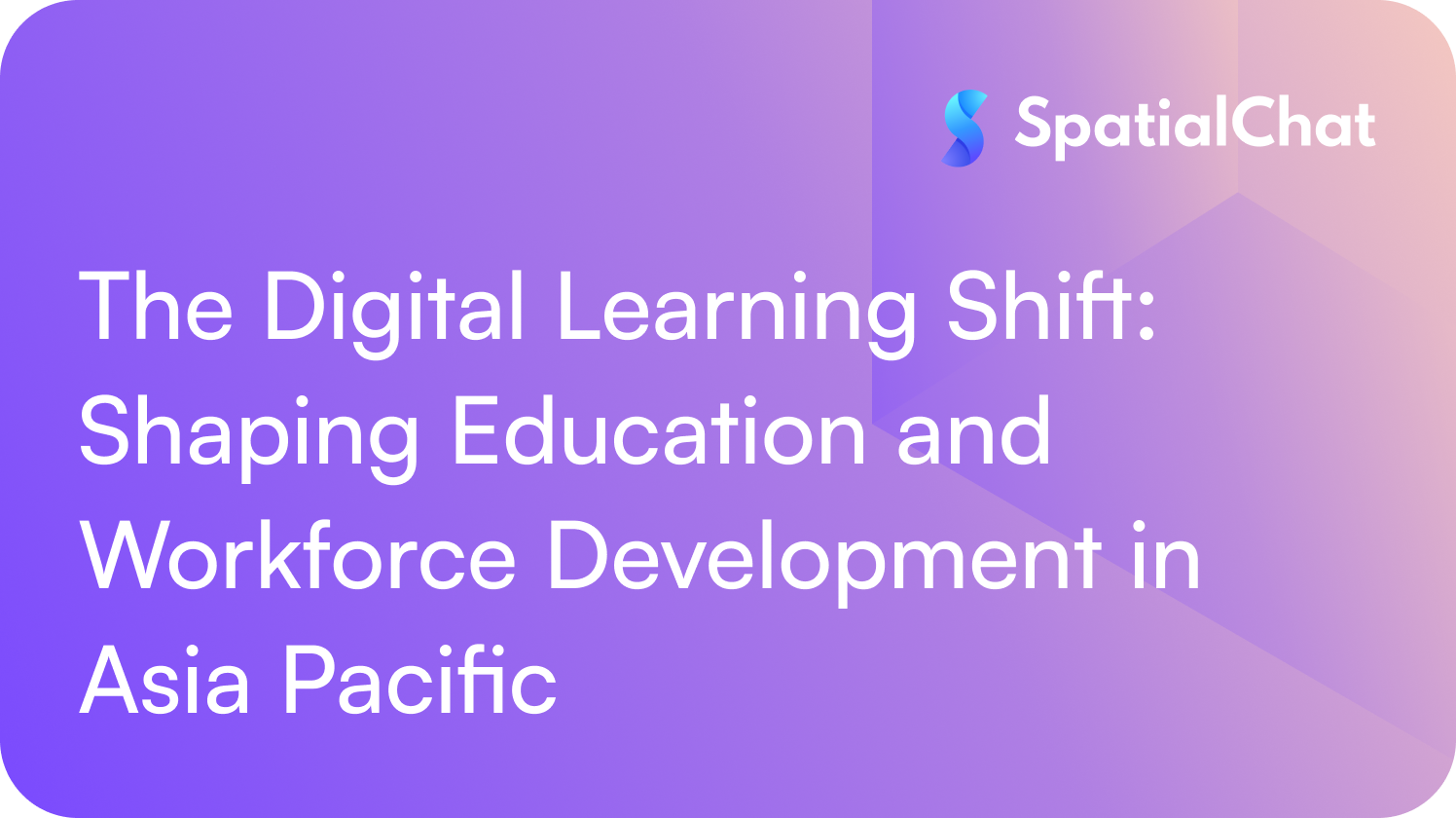Technology has fundamentally transformed how we live, work, and learn—reshaping communication, career development, and education systems alike. As these innovations accelerate, the demand for continuous learning has never been more urgent. Across Australia and the broader Asia Pacific region, we’re witnessing a shift: education is becoming more digital, more flexible, and more essential to navigating a changing global workforce.
In particular, skill shortages are prompting businesses to rethink how they stay competitive. Reskilling and upskilling initiatives aren’t just necessary, they’re strategic. Organisations that invest in ongoing learning programs can turn talent gaps into a market advantage. In this context, online and hybrid learning models are emerging as powerful tools for both schools and companies.
Meeting Soaring Demand
With rapid technological progress, the boundaries of traditional education are being redrawn. Online and hybrid learning formats are expanding access to knowledge and transforming how skills are acquired. Australia’s growing appetite for flexible learning reflects this shift. According to IBISWorld, the online education sector reached a value of $9.5 billion in 2023, growing at 4.8% that year alone. Over the past five years, the market has seen an annualised growth rate of 7.4%, which is a clear sign that this is more than a passing trend.
Beyond the Classroom: A Lifelong Learning Imperative
This movement isn’t confined to schools and universities. Online and hybrid models are also driving a culture of lifelong learning, an essential response to the evolving needs of today’s workforce. As new industries emerge and established sectors adapt to innovation, professionals must continuously update their skills to remain relevant.
Flexible learning platforms make this possible. They offer the accessibility, scalability, and support that working adults need to fit learning into their busy lives. From short-term certificates to comprehensive reskilling programs, hybrid education supports personalised, on-demand growth. RMIT University’s “Ready, Set, Upskill: Prioritising Skills for a Resilient Workplace” report echoes this urgency, calling for strategic investment in learning pathways that can close Australia’s growing skills gap.
Changing Student Mindsets: A New Approach to Education
Lifelong learning isn’t just reshaping the careers of mid-level professionals, it’s also influencing the choices of students fresh out of high school. According to Australia’s Department of Education, nearly 25% of Year 12 graduates are choosing to enter the workforce immediately rather than pursuing traditional post-secondary pathways. But this decision doesn’t mark the end of their educational journey. With the rise of flexible, online and hybrid options, these learners can access targeted training and upskilling opportunities later, on their own terms and timelines.
Learning That Fits Every Stage of Life
Whether it’s a high school graduate exploring future options or a seasoned professional seeking to pivot careers, online and hybrid learning models offer unmatched adaptability. Their flexibility makes them accessible to learners juggling work, family, or other personal responsibilities—making education a lifelong, inclusive pursuit. For institutions and organizations alike, this adaptability unlocks opportunities to serve a broader, more diverse community of learners and create more equitable access to growth.
Tackling Australia’s Growing Skills Gap
The urgency for upskilling is only increasing. According to the National Skills Commission, the number of skilled occupations experiencing shortages in Australia nearly doubled between 2021 and 2022. The ability to quickly and efficiently reskill workers has become essential for economic resilience and competitiveness.
Hybrid and online learning platforms are uniquely equipped to meet this challenge. With features like asynchronous courses, pre-recorded training modules, and collaborative digital environments, they allow employees to learn without pausing their careers. What’s more, many workers, having already experienced hybrid learning in school or university, are well-acquainted with these platforms, accelerating their transition into workplace training.
The Road Ahead: Lifelong Learning as the New Standard
There’s no denying that the trajectory of online and hybrid learning is only going upward. Fueled by rapid innovation, changing workforce dynamics, and a cultural embrace of continuous learning, these models are redefining what it means to grow professionally. Their accessibility, relevance, and responsiveness make them essential tools for both today’s learners and tomorrow’s leaders.
As we move forward into an increasingly digital future, embracing online and hybrid education isn’t just a good idea—it’s a strategic imperative. The future of education and work lies in empowering individuals with the tools and flexibility to evolve continuously.
Are you ready to help shape that future? Connect with a SpatialChat expert today to discover how online and hybrid learning solutions can future-proof your institution or organization and close the skills gap for good.
